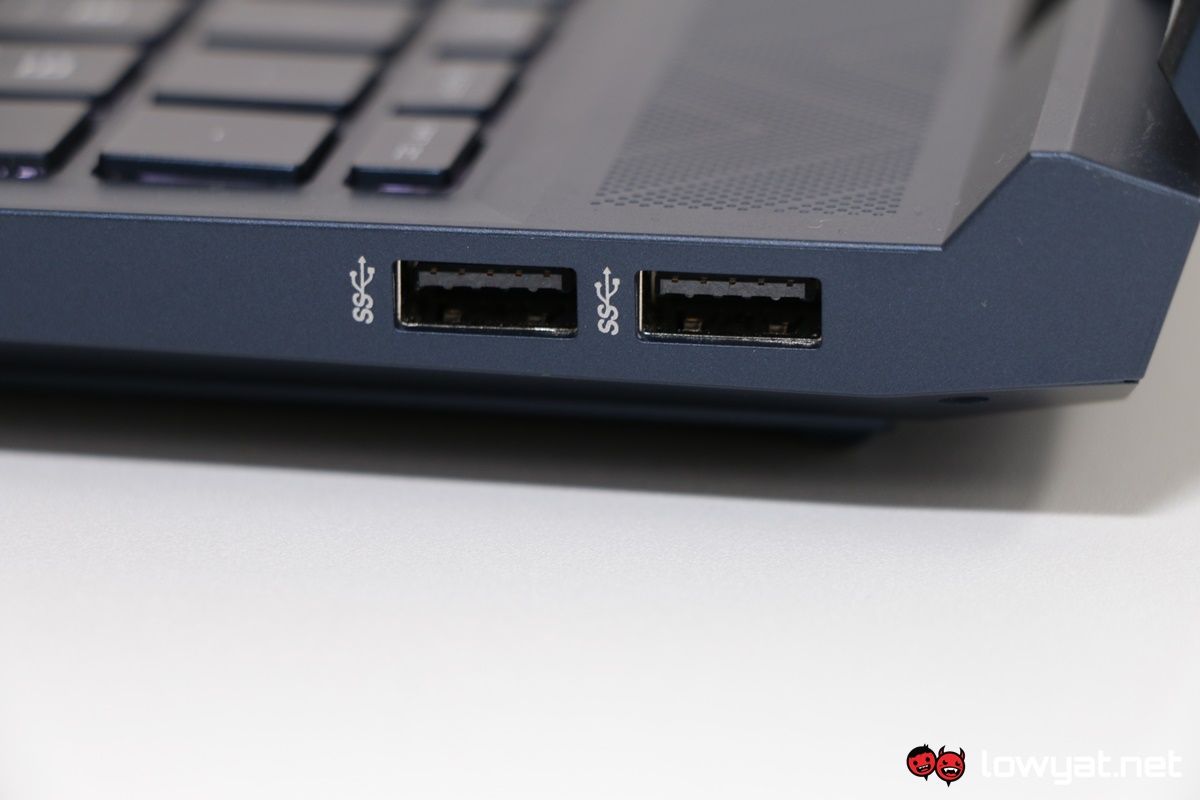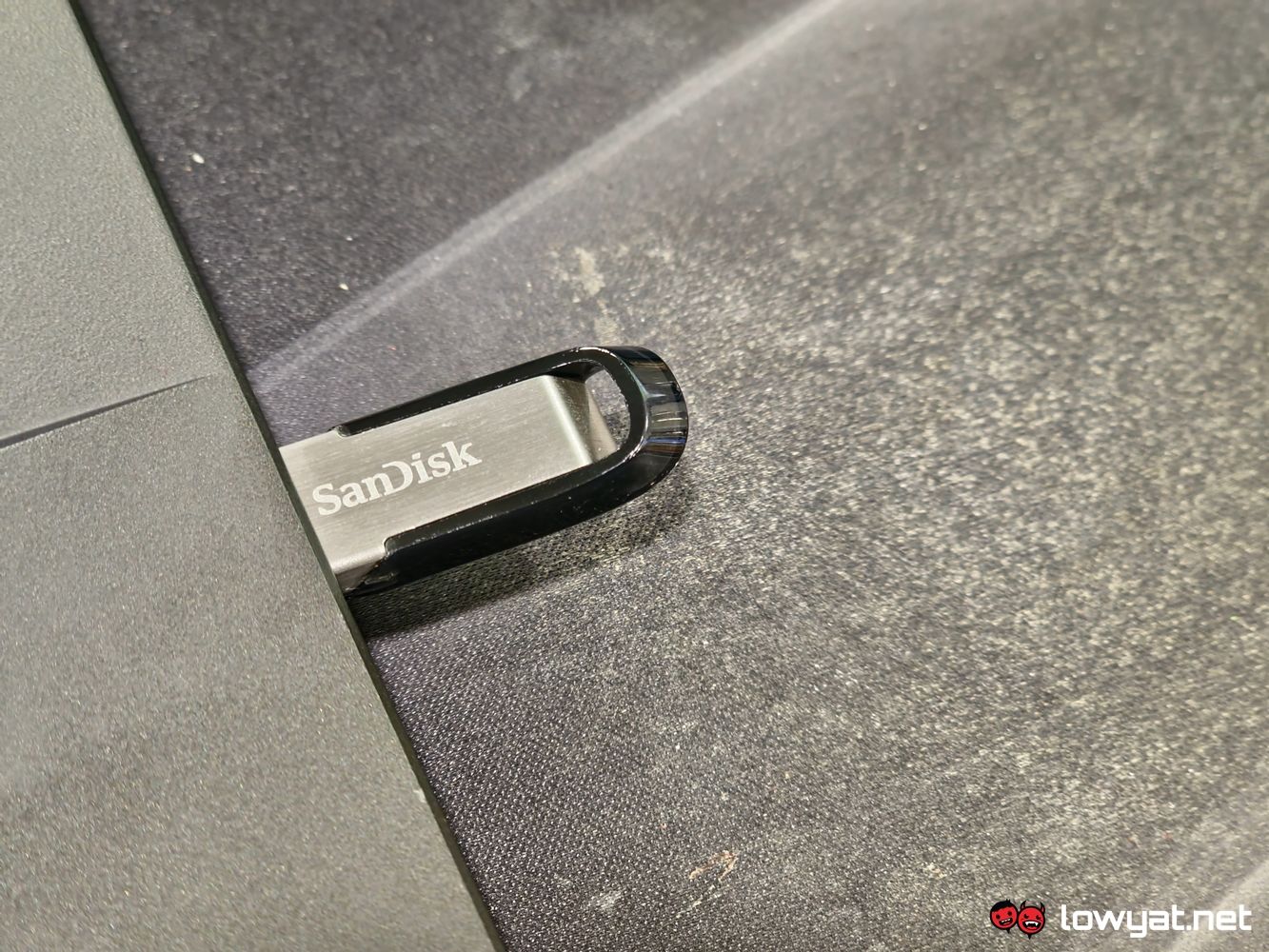USB Drives. In spite of the evolution of technology, the component has withstood the test of time and in recent history, was still the medium of choice by threat actors when it came to taking down an Iranian nuclear facility, US power plants, or destroying PCs outright with a massive electrical surge. Some malicious group decided to skip the sophisticated process and instead rigging them to blow up the minute they are plugged in.
Here’s the story: according to a report by the US-based platform, CBS, five Ecuadorian journalists had each received USB drives in the mail. Those drives were supposed to explode upon being inserted into a USB port on a PC, thus causing as much chaos and personal damage to the journalist. However, due to some dark miracle, only of the drives exploded, and that explosion injured journalist Lenin Artieda, who miraculously also suffered mild injuries to his hand and face.
As for the other four, none of them were reported to have gone off, with one journalist having passed it on to their boss, who then connected the flash drive to the PC via an adapter. For another journalist, the drive never went off, presumably because they never actually plugged it into their PC properly.
Upon dissecting the USB drive, Ecuadorian authorities said the components had been rigged with a 1cm long capsule that was filled with RDX, also more commonly known as T4. As to why these journalists were targetted, it is believed that they are all linked to an ongoing investigation of a “terrorist act” within the country; the journalist that unfortunately had the flash drive blow up in his face also received a letter along with it, with references to a movement called Correίsmo, named after the country’s former president, Rafael Correa.
While the attack on the Ecuadorian journalist is unfortunate and should never have happened in the first place, the incident serves as yet a constant reminder, and even on the same page of random links: just like how one should never click on them, you also shouldn’t stick in random USB drives into your PC, especially when you absolutely have no idea who sent it to you.
(Source: Ars Technica)
Follow us on Instagram, Facebook, Twitter or Telegram for more updates and breaking news.





